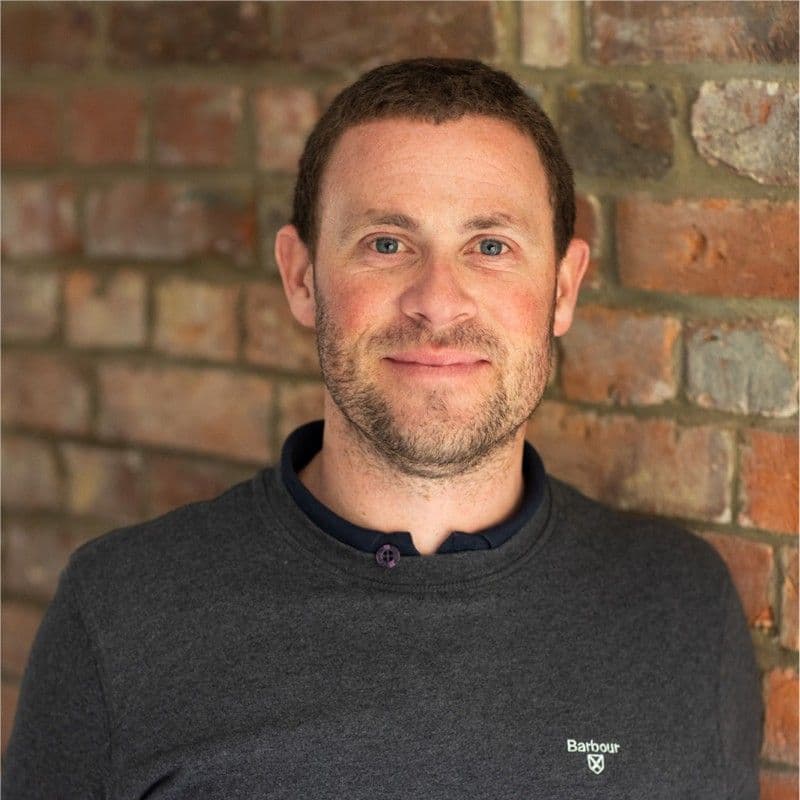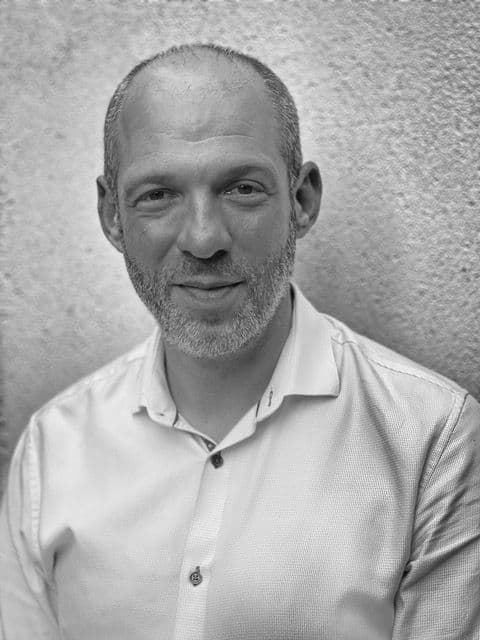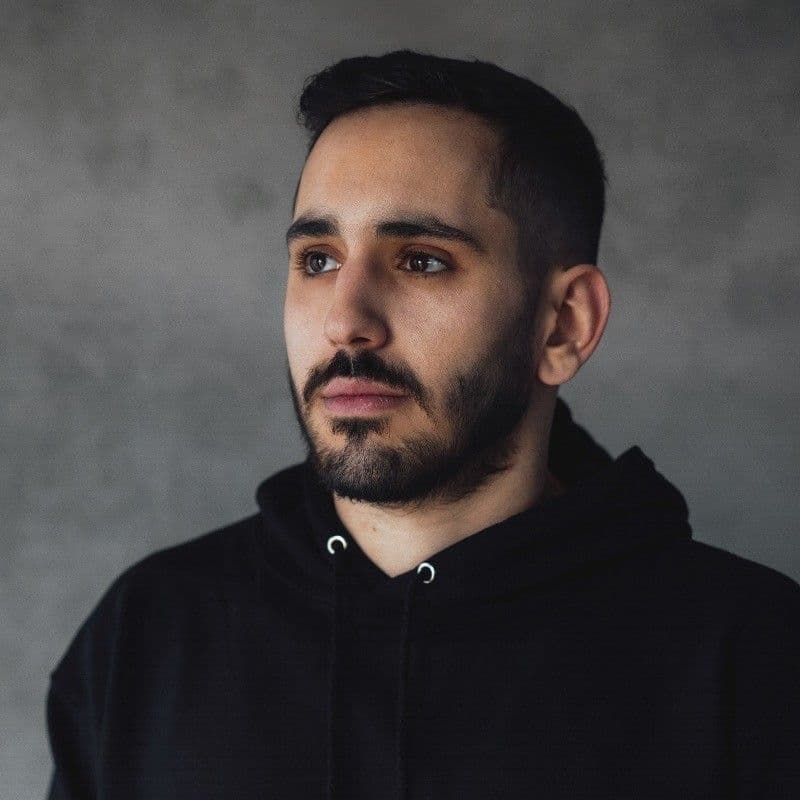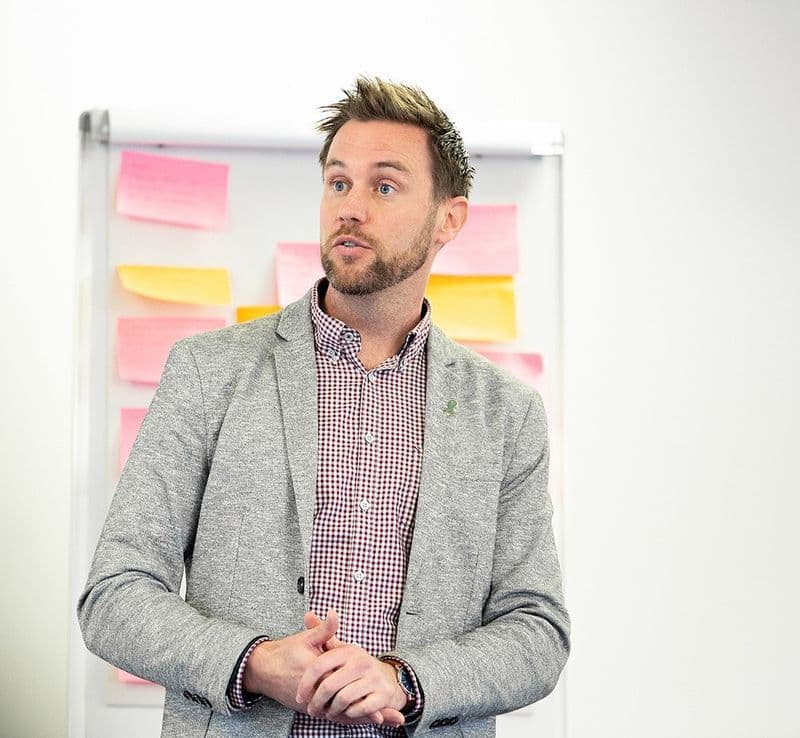1. What attracted you to working in sales originally?
Every job, every function, and every person in a company should be attracted to working in sales. We are all sales individuals and advocates for selling our company, product, service and culture of business to others. I have worked in sales since the age of 18. What attracts me to the responsibilities is speaking with customers, being passionate and interested in the product or service I am associated with, finding out the customer needs, requirements, pain points and how I can help.
There is also a buzz about working in sales, the feeling of having a connection with someone, working through the process together, getting that contract signed and the sense of accomplishment when that deal closes is addictive. It takes a village to close a customer, from demand generation to customer onboarding and getting that customer to value and advocacy. Sales is an art and a science, and there are always methods, techniques and skills to learn.
2. What was your path to becoming a Chief Revenue Officer?
My path to becoming a CRO was built on a curiosity to learn, grow and experiment. I started off in performance marketing and then spent time mastering the full stack of sources, including tools like Google Analytics. I am a CIM certified marketer as well, which helped me build a foundation in understanding how the revenue architecture model really works across Awareness, Interest, Desire, Action (AIDA), how this flows into the benchmarks and data model across MQL, SQL, Closed, Won.
I spent 3 years working with a CCO and head of sales on sales team management, leveraging RevOps to maximise revenue across Inbound, Outbound and Partnerships. My experience here helped me to step into a CRO role, managing marketing, sales and customer success. Becoming a CRO also lead me into the Pavilion community and working with an excellent CFO and FD building up the skills required to understand the SaaS metrics that matter and how the unit economics of a business help you invest, grow and optimise revenue efficiency to help you successfully fundraise the capital needed for the next phase of growth.
3. How did you move from a CRO position into a COO role?
After 2 years in the CRO role, I had successfully built a high-performing marketing, RevOps and Sales engine, with Customer success focused on everything we could do to offer an excellent customer journey and customer delight. With clear guidelines on the importance of NRR and GRR. With these teams set up for success and time spent on fundraising, we reviewed the roles and responsibilities of myself, the CEO and the wider leadership team. Based on skills, we made a decision to move me into the COO role to help with organisation design, hiring, people management, HR, Risk, Legal and the financial operations of the business. Having raised $10m, robust financial governance was required to ensure all decisions were data-driven and built on solid business cases. With an excellent understanding of how our business monetised delivered value, and was delivering growth, I was well placed to move into the role.
4. What are the core skills and experience required for your position?
Being a COO is a very different role from being a CRO. Being a CRO means all revenue and growth sit on your shoulders (it shouldn’t, but it does, just ask any CRO), you wake up at night thinking about demand, lead velocity, marketing experiments, deals, deal stages, everything from lead to cash. Then growth, expansion and renewals. As a CRO, however, you feel part of a revenue team and you build very close bonds with the heads of your teams and the characters and personalities within them. As a CRO, I had developed additional skills working closely with the Product, Engineering and Design teams, collecting customer feedback on product development and direction. Including the prioritisation skills required to ensure we continued to deliver value, solve problems and maximise the ROI for our customers.
Moving into a COO role is very different. You are the right-hand person for the CEO, and you move into the more complex role of being lonely at the top. You have to master saying no to the CEO, developing rapport with your CFO/FD to run the business and manage the cash you have in line with company ambitions, the mission and the strategy. The COO is also the black sheep, having to make big and often hard or bold decisions. Your role is to manage the internal operations of the business, which includes working with the board, managing forecasts, and managing the leadership teams. You own a broad spectrum of subject areas, always considering how the decisions you make impact the people, culture, revenue and performance of the business. The skills you need to master are financial fluency, strategy, simplification, prioritisation and feedback.
5. Who are the key players every commercial leader should have in their team?
Every good commercial leader knows that growing a business, especially in a competitive market, requires talent, resilience and adaptability. If I had to highlight a few key players, this would be a curious technology-minded growth marketer, a player-coach head of sales, a commercially astute CS leader, and a RevOps and sales enablement individual. Aligning these 5 individuals with the product and engineering function increases the probability of success. It should be recognised as well that a commercial leader will work very closely with HR and finance to close the loop and ensure they are surrounded by people who, collectively with soft and hard skills, can help first select, onboard, train and develop this team and unit to maximise results. The last and often forgotten key player is data/legal, data is the new oil and data management, infosec, data security, and robust contracting are more important than ever. Having someone on the team who can help keep deals moving through the deal cycles is invaluable. High-performing teams only exist and momentum can only be created when a number of key pillars are in place.
6. What qualities do you look for when hiring people?
Hiring people is hard, the things I tend to look for the most are Intelligence, Character, Coachability and Experience. In that order! Working in scaling companies requires individuals to be proactive, curious, resilient and adaptable. You have to be open to investing in and developing yourself and your skills. Another often overlooked set of traits is, first, the ability to ask great, direct and simple questions, and the second is the ability to actively listen.
7. What do you love most about working in sales?
The thing I love most about working in sales is building a clear and strong understanding of the product or service and the problem it solves for the customer. Once you fall in love with the problem, your ability to talk confidently and consultatively with clients about it becomes more natural, less forced and enables you to form the bonds and relationships that play forward daily, weekly, monthly and in life. People buy from people, it is often an emotive connection. Therefore, what I love about working in sales is building relationships, networks and partnerships. These bonds help you and your customers grow. I also love that feeling when, as a tea,m a deal closes and the numbers hit the board. It gives everyone in the company a mini reset, a sense of purpose and centres you on why we are here in the first place. Which is to delight and add value to our customers, while building enterprise value for customers.
8. What advice would you give to someone wanting to develop a career in commercial leadership roles?
Focus initially on developing your sales and negotiation skills, then focus on becoming more curious and commercial. Once you are comfortable in the sales lane, look up and out of your swim lane into how marketing, customer success, product and other departments work and function. As you grow and develop, continue to invest in yourself, always be closing, always be reading, always be learning, taking courses and experimenting with new techniques and technology. As you do this, develop a network of peers in your company and other companies, at a similar stage of development to you. Join communities and networks and attend events. From here, continue to network, set goals and communicate with your company about your goals and ambitions. If you want to become a commercial leader, you have to understand how businesses work, operate and make decisions. Becoming financially fluent and understanding the unit economics of the business will only help you develop further.
9. What do you do to relax in your free time?
I have three core passions I am pursuing at the moment, Crossfit. This multidisciplinary exercise keeps me fit, allows me to focus, helps me clear my head, let off steam and has an incredible community of people at my local gym which gives me even more energy. I live 15 minutes from the South Downs where we have some of the best mountain biking in the area, I enjoy being in the forest and outdoors, throwing myself down a hill at speed again helps divert my focus and as a technical person, I enjoy all the bike tech, maintenance and the tribe. My final passion is kitesurfing. I sailed dinghies competitively as a kid and have always loved the water. I have enjoyed windsurfing, yachting, diving, paddle boarding and wakeboarding, but Kitesurfing and jumping really high is my passion. This hobby has taken me all over the world, to the US, the Caribbean, Brazil, Europe and the Indian Ocean.
10. Which essential item do you always pack for a business trip?
The essential item for me has to be my noise-cancelling headphones. I enjoy a wide variety of music, and listening to a good book or podcast on the move or after a busy day speaking with customers and prospects is a great way to unwind and relax. Plus, travel is tiring and sometimes just plugging in despite all the noise, motion, and activity is a way to find your own inner calm.



